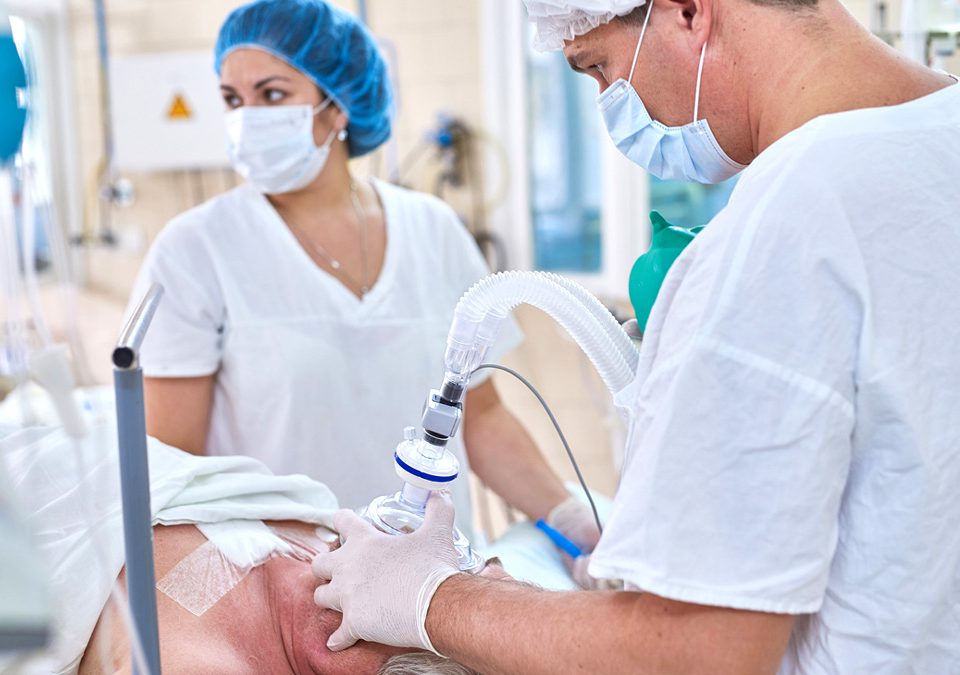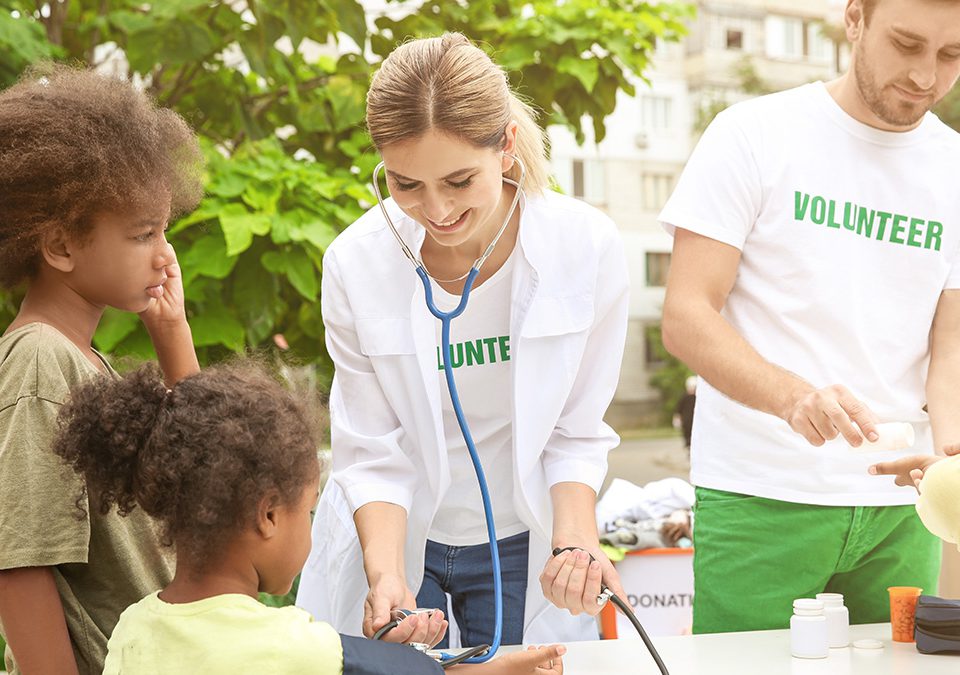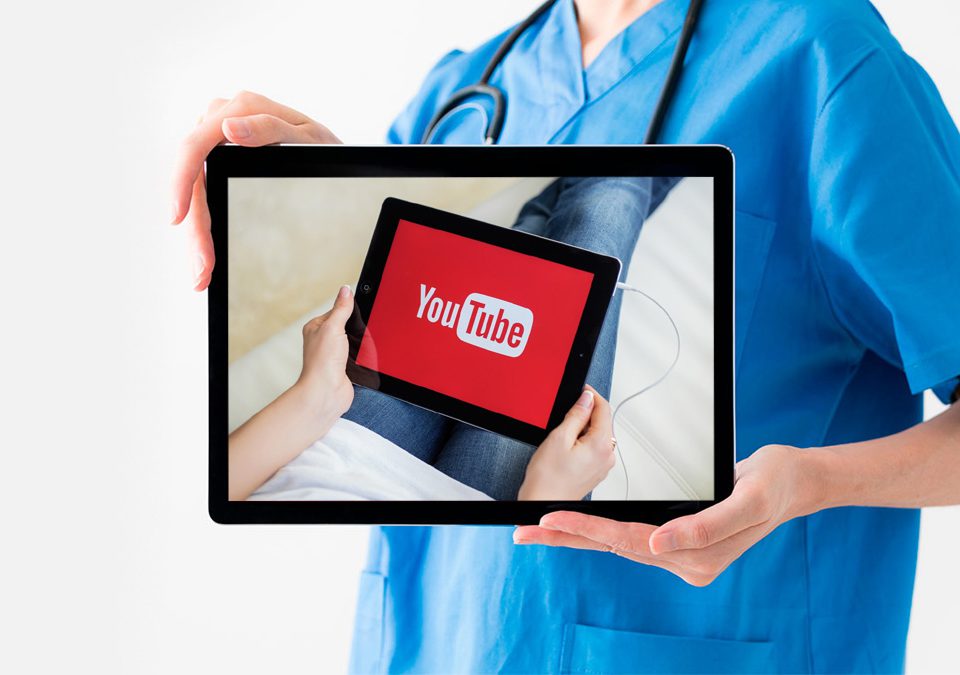
Can Non-science Courses Help You Prepare For Medical School Challenges?
Surviving in a medical school entails much more than remembering the differential diagnosis of back pain before rounds, reminiscing biochemical pathways, or dissecting cadavers in the anatomy lab. Successful medical students need to have an in-depth understanding of abstract thinking and ethics, and employ cultural awareness and empathy to be great physicians. Believe it or not, non-science courses can go a long way towards helping you cultivate these skills. Perhaps this is the single greatest reason why medical schools these days are considering taking students onboard who can claim an extensive coursework in the humanities, even if they only have a limited background in science. Students need to comprehend the benefits they can harvest from a diverse education to get the most out of their premedical education. Before you apply to a Caribbean medical school, here is how non-science courses can actually pave the way for medical success.
Connecting with Patients on a Deeper Level
Many courses, such as anthropology and history, can help a student better grasp the notion of how various cultures can define people living in a society. Premedical students can greatly benefit from these courses, since they enable them to appreciate the differences in people’s lives and let them be respectful of their individual views about the world, which may be poles apart from theirs. Students carry this appreciation all the way into medical school, allowing them to connect with patients hailing from an array of cultures, earn their trust, and better relate to their stories.
Music and art can help you dive deeper into the various conditions of the mankind and experience a range of emotions. Medical students just testing the waters of confronting patients facing the end of life or dealing with the anxiety of illness on their clinical rotations, can find that they have bitten off more than they can chew. Courses in the humanities can be priceless when it comes to helping students cultivate curiosity, which inculcates in them a strong desire to delve deeper into the stories of patients.
Abstract Thinking
For medical students, exploring the depths of pathology can be black and white, but it is an entirely different story when it comes to caring for patients, since it necessitates students to hone in on their abstract thinking. Successful medical students are those that go beyond gaining an insight into their patients’ diseases, encroaching further into ethical, cultural, and psychosocial issues that have a bearing on the healthcare delivery.
For instance, it may be rather tough to deal with a patient who has no accompanying next of kin and is not in a condition to make decisions, or a patient who doesn’t want to be administered a vital treatment due to religious beliefs. Here is where courses such as philosophy or ethics can help premed students come up with an abstract framework. As they start assuming the responsibility of patient care during medical school, this framework can go a long way towards helping them tackle complex cultural, social, and ethical issues that crop up in the throes of day to day patient care.
Enhanced Learning
A background in arts and humanities can boost creativity and imagination. Also known as “right brain” skills, these abilities are actually priceless in a medical school, since they allow students to better envisage concepts such as physiological processes, anatomic structures, or biochemical pathways, in ways that are constructive to learning and development. Even Albert Einstein and other great minds like him were blessed with an uncanny imagination to have come up with extremely difficult concepts, such as relativity. How students learn medical science is often compared with how people learn languages. Both necessitate a constant application of ideas and repetition. Therefore, it is a well-known fact that multilingual medical students also show similar distinction in medical school.
Enhanced Communication
Third-year medical students are responsible for two key tasks: gain an insight into the patient’s narrative as soon as they walk into a room, and to depict this narrative through presentations and patient notes to their immediate supervising physicians. In fact, student evaluation on medical school rotations greatly depends on their quality of presentations and patient notes. Courses in communication and speech or writing courses enhance the written and oral communication skills of students.
A deeper Comprehension of the Health Care System
In the long-winded health care system of today, gaining access to medical care is not easy for everyone. Financial and legal issues have a great impact on the care that is provided to patients by their physicians. A general know-how of political science, law, and finance can help medical school students take external forces into account, such as healthcare equity and access to health care, and navigate the health care system as a whole to understand factors that influence health outcomes in patients.
Before you start calculating Caribbean medical school costs and aspire for an interview call, we highly recommend that you cultivate an interest in non-science disciplines. Since medicine is as much a science as it is an art, students who are acquainted with non-science courses have an easier time navigating through the choppy seas of medical education. Not to mention, an interest in non-science fields enable students to unwind and relax after a weary day, helps bring joy in the bleakest hours, and prevent burnouts!



